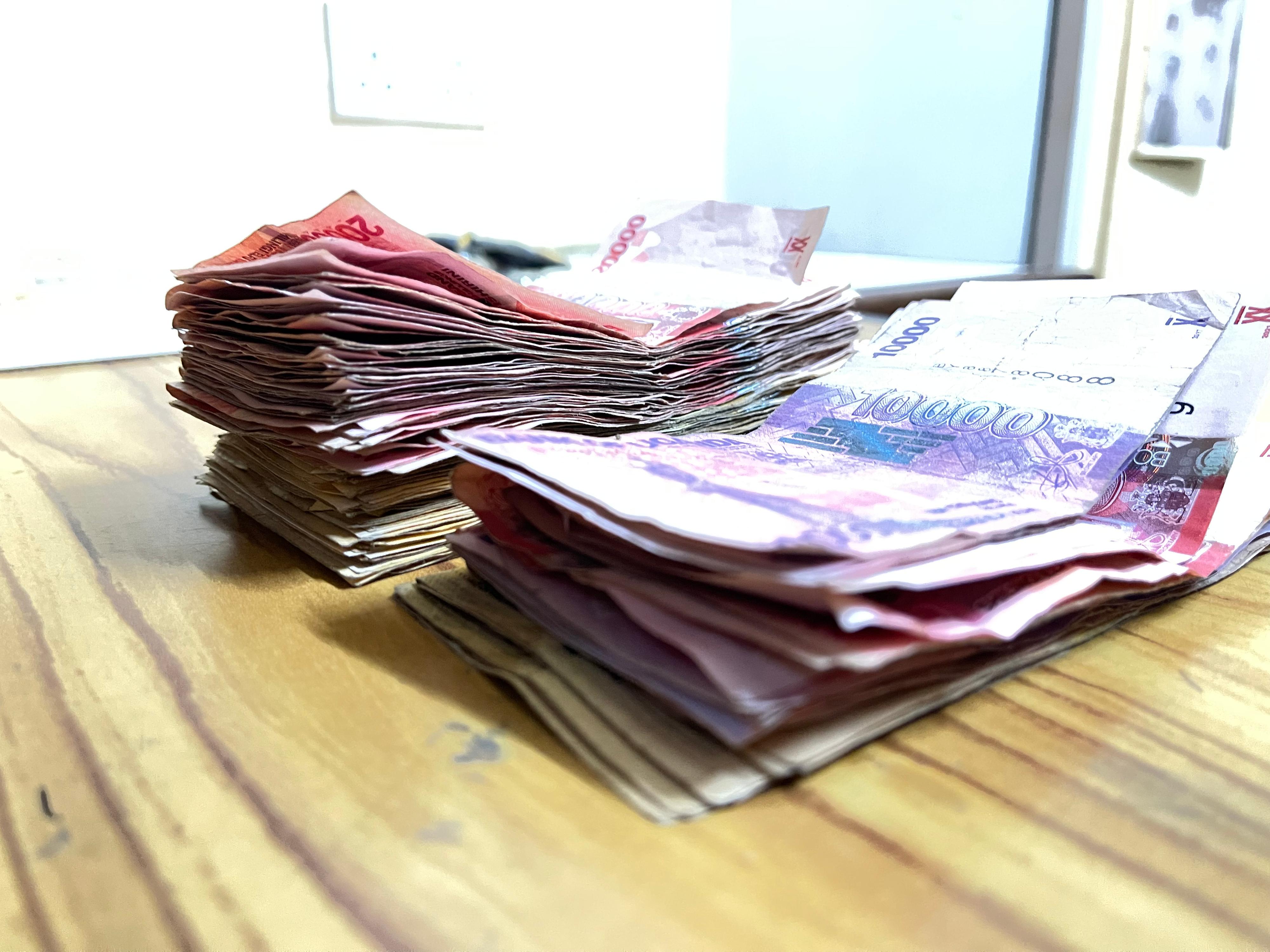Prime
More seven years of waiting: Is EAC stuck on realising single currency?

EAC member countries must wait for at least another seven years before they can achieve the single currency. Photo / Edgar R Batte
What you need to know:
- The region had put a timeline of 2024 for the attainment of the single currency, however, member states have had to push it to 2031
In only four months, the East Africa Community (EAC) would be adopting a single monetary union. However, this won’t be the case.
Beginning next year, enforcement of the EAC Monetary Union, according to timelines, would have been on the agenda after it was adopted in accordance with the EAC Treaty and signed on November 31, 2013.
However, the plan to have the single currency in 2024 has since collapsed with the EAC Council of Ministers pushing it further to 2031.
The delay, according to the 43rd meeting of the EAC Council of Ministers was informed by the presumption that it would be too soon to attain all necessary requirements.
Experts interviewed for this article say the monetary union is an important stage in the EAC integration because it allows partner states to progressively converge their currencies into a single unit.
Experts also believe there are overlapping fears of loss of employment resulting from labour mobility and competition, land grabbing and overlapping regional membership.
This has led to competing agendas and remains a hindrance to the implementation of not only the monetary union but also full operations of prior integration stages such as customs union and common market.
Additionally, lack of strict adherence to the criteria used to admit new members to the EAC, perpetual lack of resources to finance EAC activities and difficulty to maintain inflation targets, public debts and current accounts, further explain why EAC has found it difficult to realise the monetary union.
As a result, the plan to have a single currency next year – 2024 – will have to wait further – for at least another seven years.
“We have had to review our timelines,” says Albert Musisi, the Finance Ministry commissioner for macroeconomics policy, adding: “There have been delays in implementing some of the pre-requisites of the monetary union before introducing the single currency.”
In the run-up to achieving a single currency, Musisi says, EAC partner states had been required to harmonise monetary and fiscal policies as well as financial, payment and settlement systems.
In addition to this, partner states had been required to harmonise financial accounting and reporting practices, policies and standards on statistical information and importantly, establish an East African Central Bank.
But many of these have not been realised even as Musisi believes they are achievable within the new timelines – 2031.
However, Julius Kapwepwe, the East African Budget Network coordinator, says the 2031 deadline is “really making East Africans wait for too long.”
EAC currently has seven member states, among which include DR Congo, Burundi, Kenya, Rwanda, South Sudan, and Tanzania.
And the onus is on these members, according to Julius Mukunda, the Civil Society Budget Advocacy Group executive director, to pull in the same direction if the region is to realise the single currency.
“The EAC is way behind in setting up relevant institutions to support a single currency, the most important being the EAC Monetary Institute, the equivalent of a regional central bank that was supposed to be in place by 2015. EAC partner states must stop dragging their feet and support this agenda,” he says.
Beyond this, Mukunda says, member states must align their expenditure, tame exchange rate depreciation and inflation, and ensure that the regional debt ceiling is respected. EAC has a debt ceiling of 50 percent of gross domestic product.
The EAC single currency, if realised, will compel member states to become financially disciplined and prudent in terms of managing the affairs of their economies.
“With a single currency, we will need a EAC Central Bank. This will bring an end to reckless and unaccounted for spending among member states,” Mukunda says.
The single currency will also eliminate foreign exchange losses and will increase fiscal and revenue discipline, among which include controlled borrowing.
Signing the protocol
The protocol for the establishment of the EAC Monetary Union was signed on November 30, 2013.
It set up a 10-year roadmap for attaining a single currency regime in 2024.
However, the plan will have to wait upto 2031 after the EAC Council of Ministers, which is the central decision-making and governing organ of the EAC, resolved the deadline was not attainable.
As a result, member states tasked the EAC secretariat to constitute a team of regional experts to review the roadmap and come up with new timelines.
This is the third time the union is failing.




